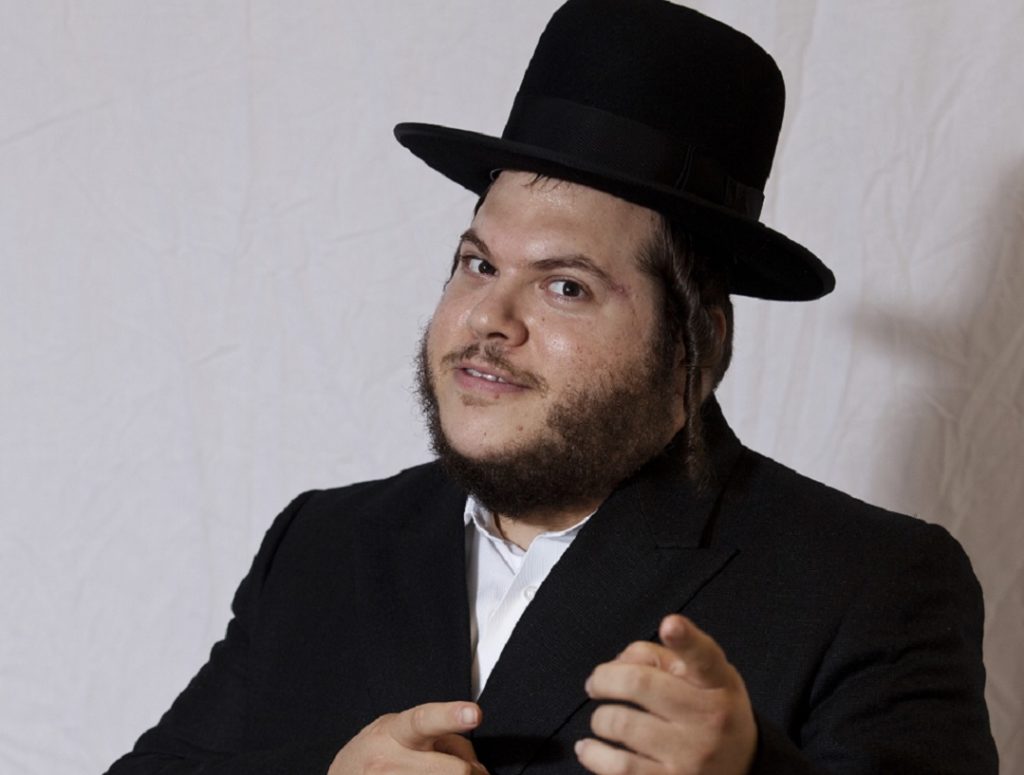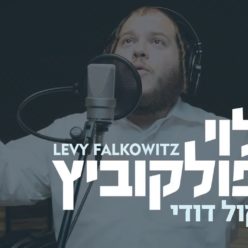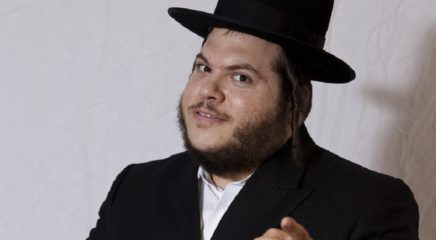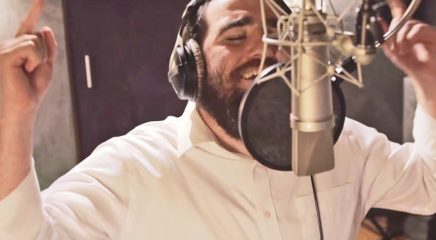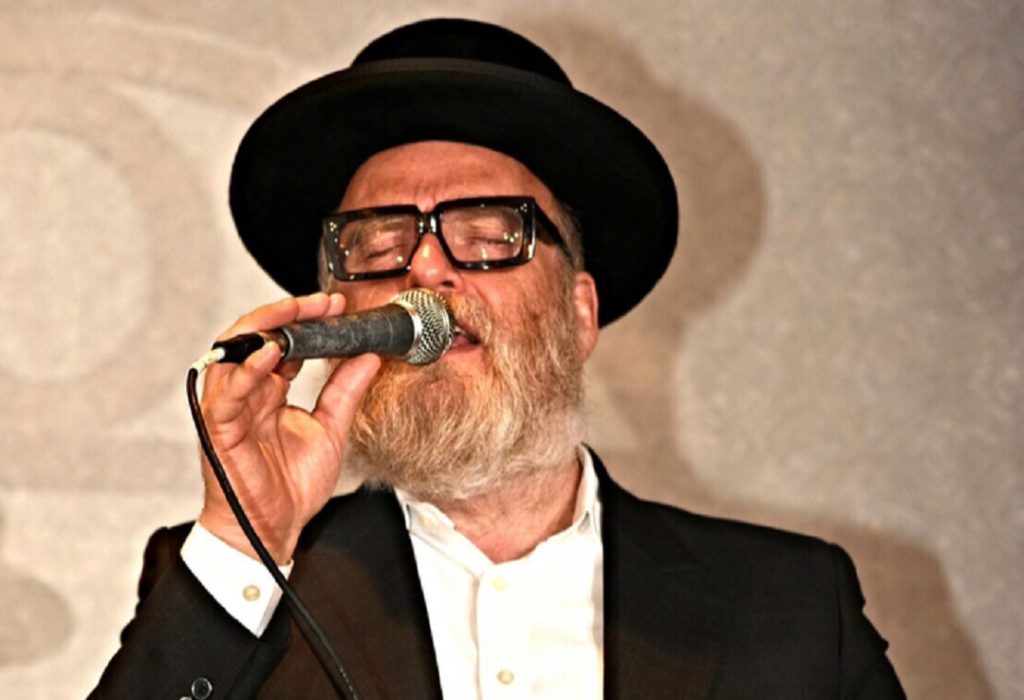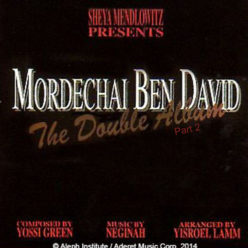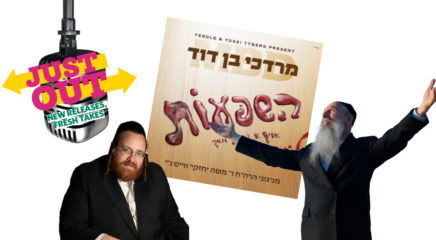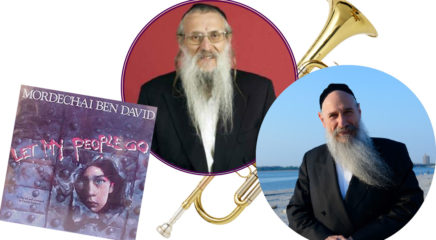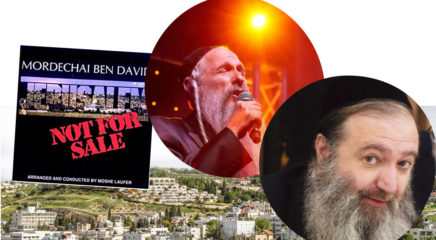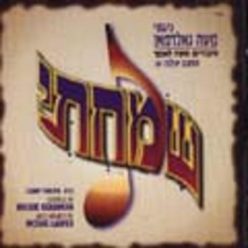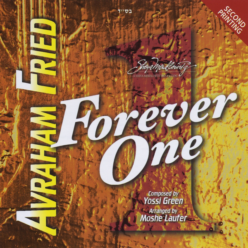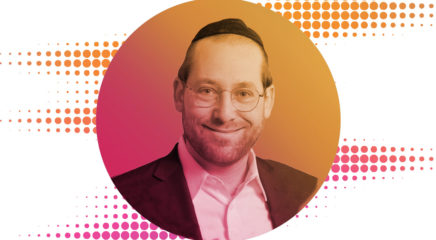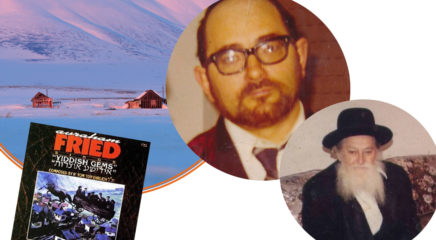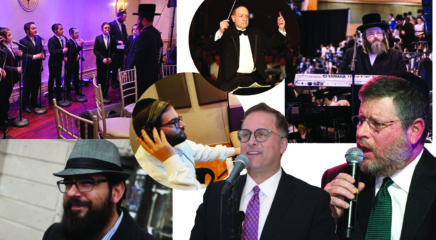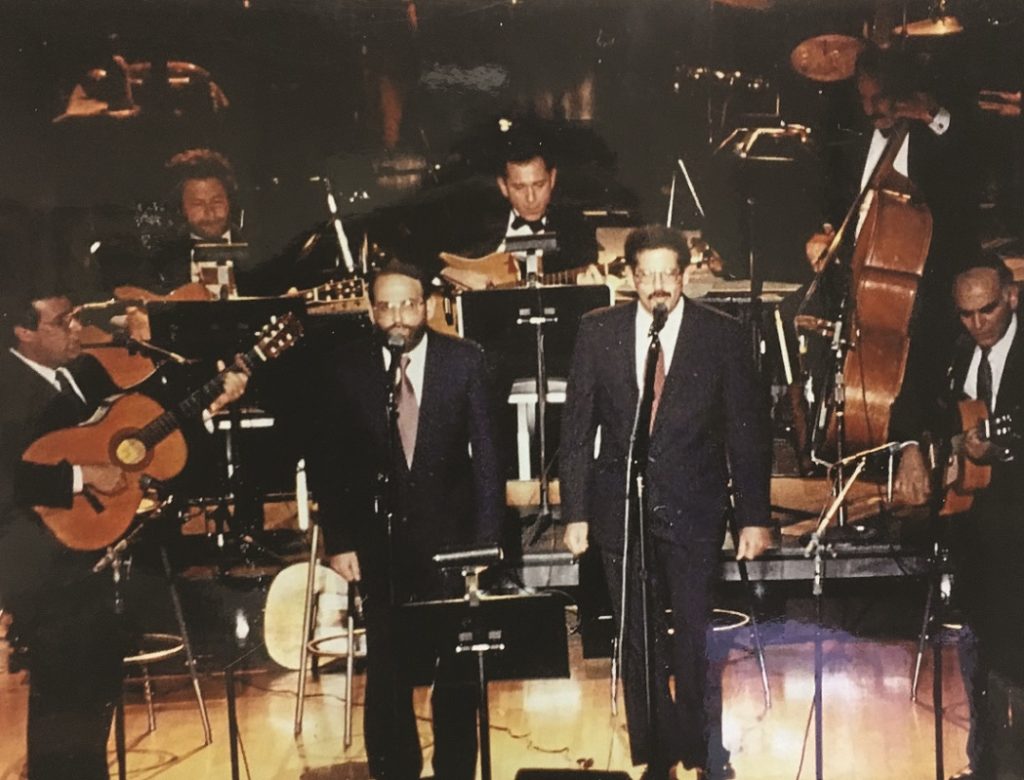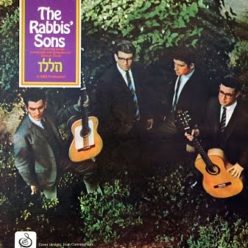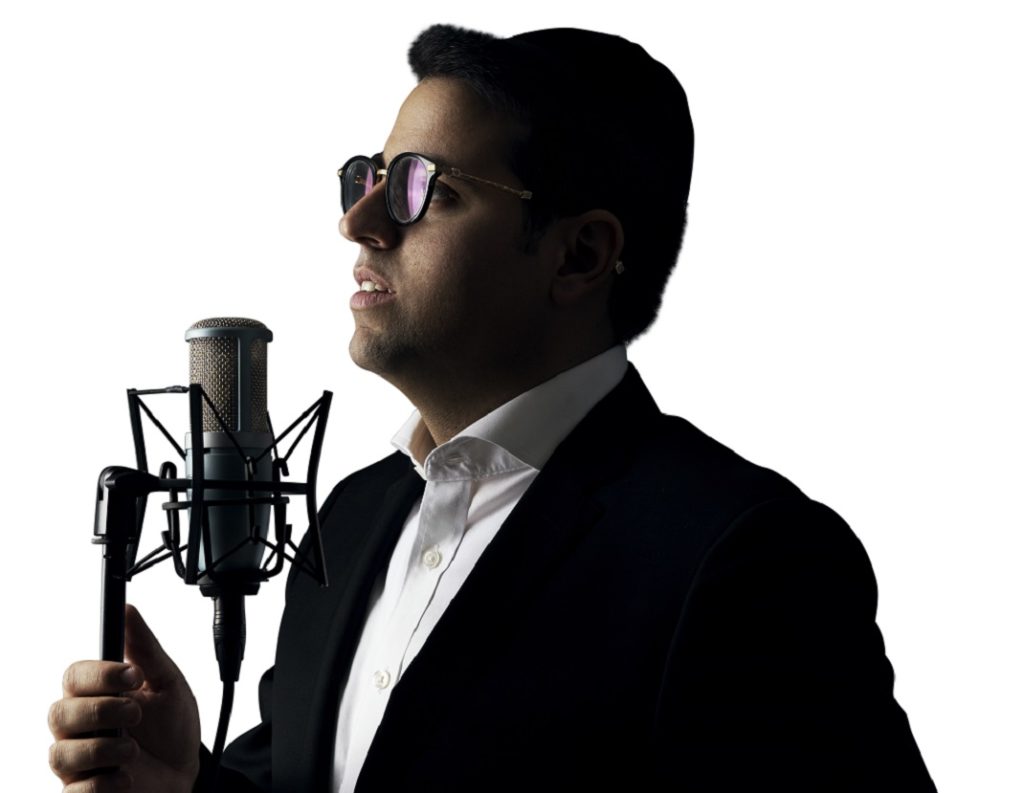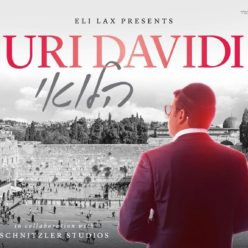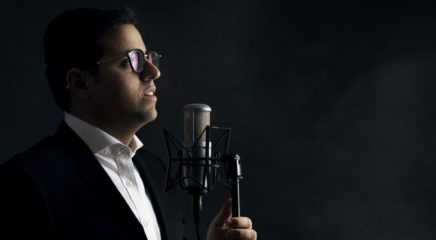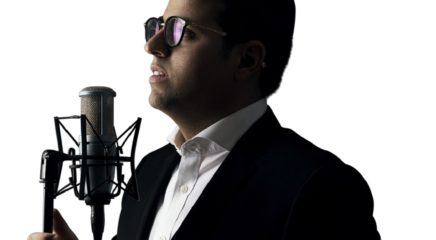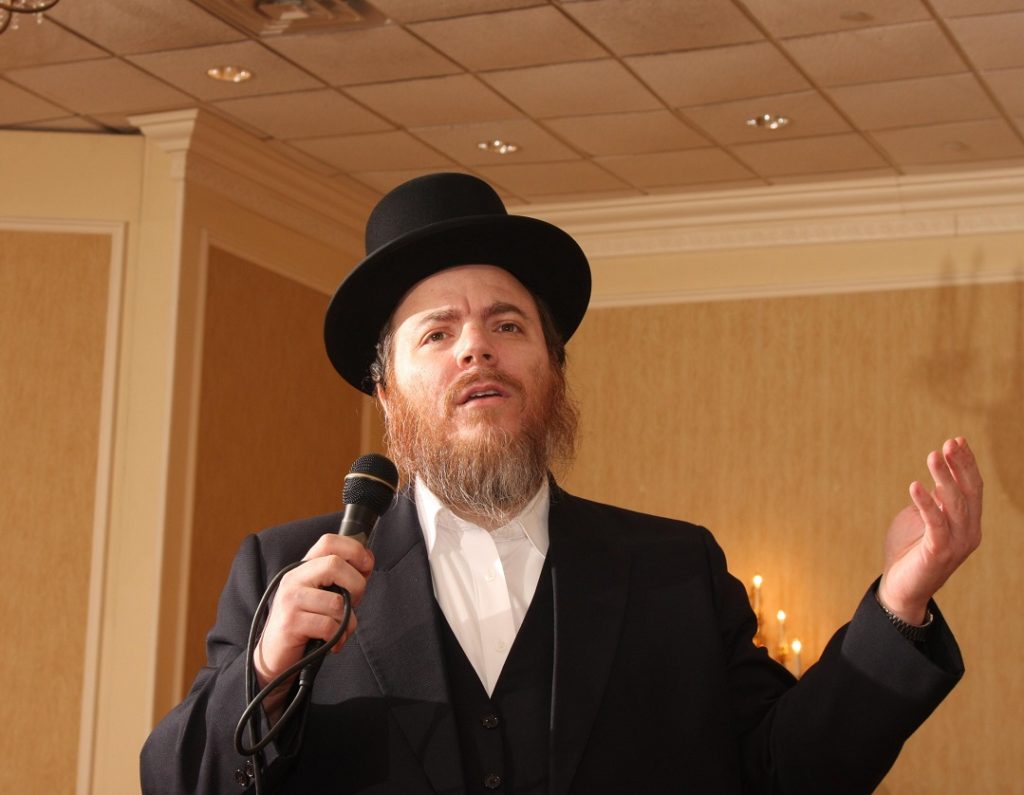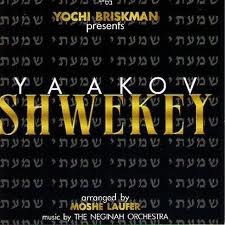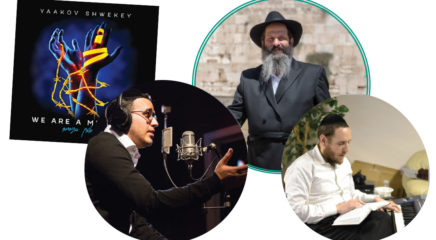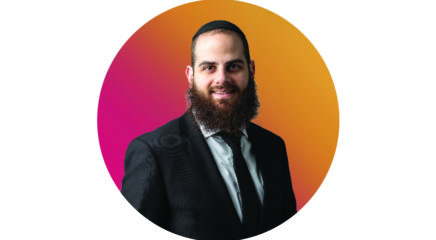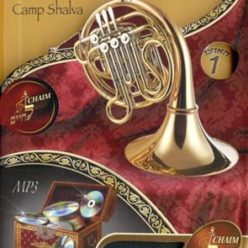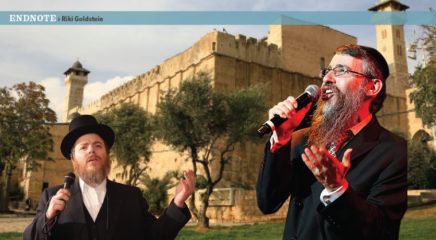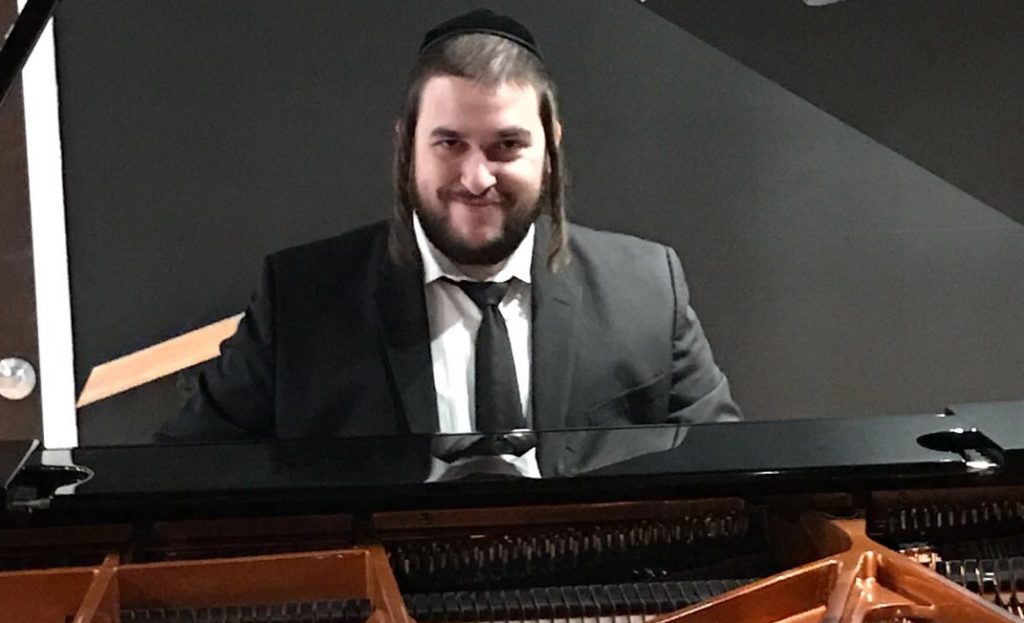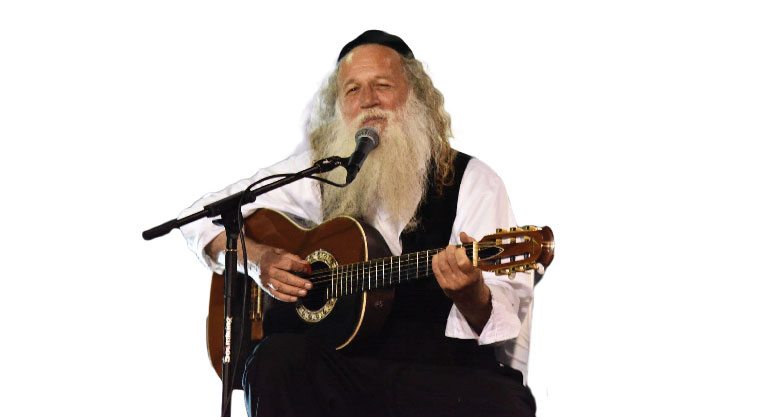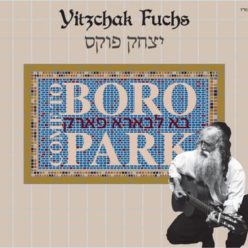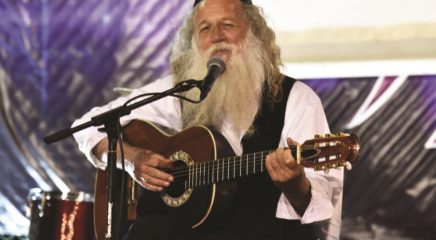StanDING! Ovation
Veteran producer Dovid Nachman Golding hosts a walk down musical memory lane
I’ve been involved with many concerts over the years but one in particular stands out. It was a reunion of nostalgia and talent — one of those events everyone wants to be part of.
Growing up The Rabbis’ Sons was a household name. They were famous not only for their great songs and albums but also for their concerts — especially memorable was their performance in New York City’s Central Park for the Salute to Israel festival a few weeks after the 1967 Six-Day War. Over 50 000 people were in attendance to hear the group made up of “rabbis’ sons” Rabbi Baruch (Burry) Chait Rabbi Label Sharfman Itzy Weinberger and Michael Zheutlin z”l.
One day in 1991 I was approached by Shorashim an organization providing Jewish education for Russian children living in America. Could we organize a Rabbis’ Sons reunion? Well this was quite a dilemma. The four members of The Rabbis’ Sons lived at opposite ends of the world each one of them led very busy lives and their professional musical years were pretty much behind them. How could I convince them to come together after not having performed as a group for two decades? (Baruch Chait later formed Kol Salonika and Label Sharfman together with Abie Rotenberg formed D’veykus but The Rabbi’s Sons — with their classic “Rabos Machshavos ” “Tov Lehodos ” and “Mi Ha’ish” — was a long-ago memory.) This was not going to be a simple feat — so I called each one individually each agreed to join if they all would perform together. Baruch Hashem we were on our way!
The concert sold out Carnegie Hall in just two weeks; but meanwhile Burry (Rabbi Chait) asked me for one favor — could I find him an amazing acoustic guitar player who also happens to play banjo and dobro an electric steel guitar that you play on your lap the instrument used in the famous introduction for their song “Horachaman”? The Rabbis’ Sons always played with four guitars and a bass: In the original group Burry and Michael each played acoustic guitar and Label Sharfman and Itzy Weinberger did vocals and then they had another steel guitar and bass backup. So now I needed another two guitars. I called up my good friend Steve Bill an awesome guitar player and asked him if he was available to perform at the concert. He said “For sure!” and then I asked him if he knew of a great guitarist who also played the dobro. He told me that there was a guy Eric Weisberg who was the king of all these instruments but he lived near Albany and charged $10 000 a show — which was $9 600 over my budget. But you never know…
“Hi Mr. Weisberg my name is Ding and I’m a friend of Steve Bill and I’m producing a concert in Carnegie Hall next month. I was told that you’re the king — would you be available?”
“What’s the name of the group performing?” I told him it was The Rabbis’ Sons. He asked if they were really rabbis’ sons. I said “Every single one of them. Not only that but two of them are rabbis themselves.”
“Well I could really use some Judaism under my belt so count me in ” he replied. He asked if the money went to charity and I answered yes.
“In that case Ding just pay me my travel expenses.”
And so the reunion finally happened. The strong emotions and anticipation in the audience were palpable. Instead of the normal screaming that usually takes place prior to the opening of a concert that night you could actually hear the proverbial pin drop.
The group sang related stories told jokes and bonded with the audience. Michael did his amazing harmonies and guitar playing. Reb Label enthralled everyone with his sweet voice and tambourine Itzy’s rich baritone vocals and his sense of humor kept them begging for more. And Reb Baruch’s compositions along with his guitar harmonica and his knack for speaking right to the heart made this night one that I for one will never ever forget.
As I walked out to the street an hour after the show there were over two hundred people standing beneath the Carnegie Hall marquis singing the old Rabbis’ Sons classics. Some things get better with age. (Originally featured in Mishpacha Issue 684)

